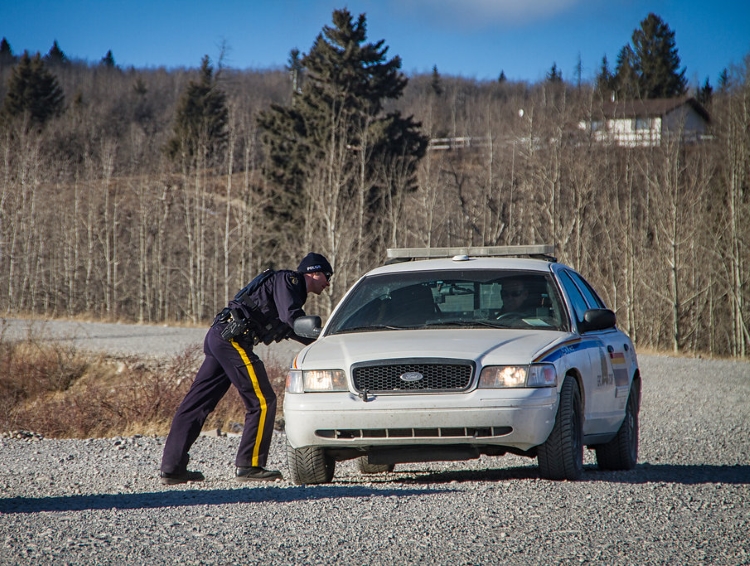Alberta RCMP including our local RCMP Integrated Traffic Unit says they are ready for this Wednesday, October 17th.
As Bill C-45 also known as the Cannabis Act comes into effect, RCMP let Albertans know that since the bill was given Royal Assent they have been busy putting the necessary tools and resources in place to adapt to the upcoming change.
At a press conference on Friday (October 12), Chief Superintendent Brad Mueller, Deputy CROPS Officer, Core Services says they been working in partnership with government agencies, law enforcement partners and subject matter experts as implementation gets ready to take place. "We have increased our capacities in the areas of prevention, engagement, intelligence, security screening, and training. And we are on track to reach our target goal where we will have 1/3 of our members being trained in Standard Feld Sobriety Tests or commonly referred to as SFST."
Alberta RCMP will also have more members trained to enforce impaired driving than the average national standard, states Mueller. "Aside from the classroom training for our officers, we have mandated online training for all employees on the introduction to the Cannabis Legislation. Standardized training will give members and staff the knowledge they need to keep Canadians safe by consistently applying the new law on cannabis."
Inspector Steve Daley, “K” Division Traffic Services, says RCMP and members of the K Division know the public at large will have a lot of questions when it comes to road safety as cannabis is legalized on Wednesday. Ensuring the public that safety is of utmost concern, Dailey did say that drug-impaired driving is not new for members. "Drug-impaired driving has been a crime in Canada since 1925 and police have been responsible for a number of investigative techniques since that time. It's not new to us. Keeping your roads and highways safe for all Albertans have always been a vital part of the provincial mandate and RCMP priority."
RCMP will bring in four federally approved roadside marijuana test devices and strategically deploy them across the province. While the roadside testers will not detect THC concentration, they will test for the presence of the drug which will lead to further investigative techniques and steps to reach a point where they can further the investigation.
Lastly, RCMP wants to remind motorists to plan ahead or appoint a designated driver. "We would like to remind the public that impaired driving, of any kind, is illegal."
Currently, over four hundred officers are trained in SFST and 42 trained in DRE across the province. The goal of Alberta RCMP by 2020 is to see that number rise to 1200 officers.




